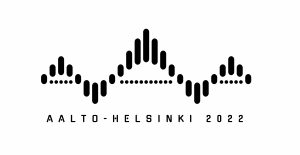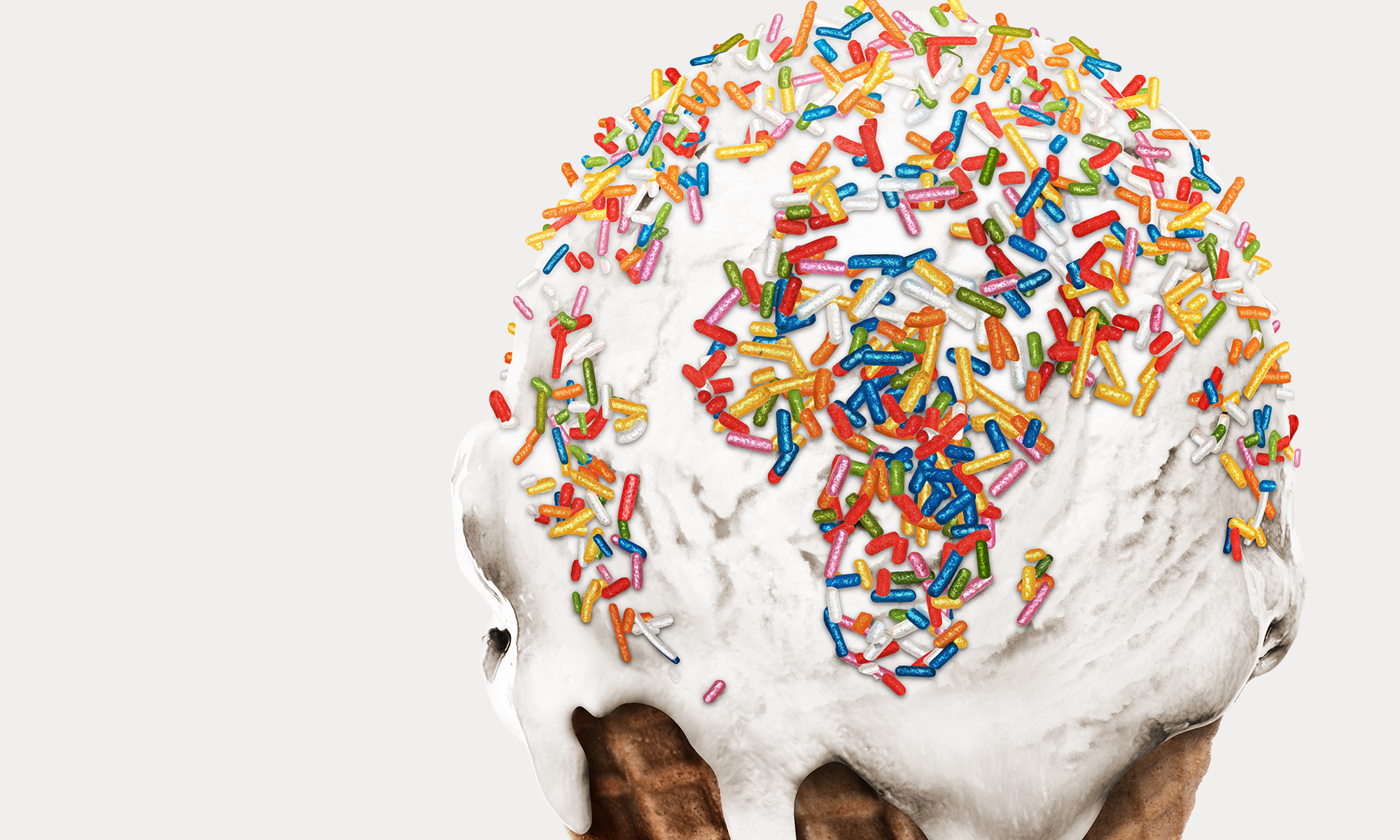Hello! We are the Aalto-Helsinki iGEM team 2022 and here is a little bit about us and about our project.

First things first, what is iGEM?
iGEM stands for “international genetically engineered machine” and is a global synthetic biology competition between more than 350 teams around the world. We are a team of 10 highly-motivated students from both Aalto University and the University of Helsinki. The combined Aalto-Helsinki team has existed since 2014, but the team members are different every year. Last February, the 2021 Team chose us as the new members for the coming year, and since then we have been brainstorming about what our project should be.
Every year, the team picks a research idea and spends the summer break implementing it in the lab, and then presenting the results at the Grand Jamboree (which this year will take place in Paris in October). As you can see, we have a very short time frame to organize, visualize, and prove our idea!
What is our idea?
After a lot of back-and-forth between several promising ideas, we decided to target biofilms on chronic wounds. Chronic wounds are found in 15 % to 25 % of diabetes patients and often lead to increased morbidity, mortality in general decreasing the quality of life, and are therefore of high public health concern.
The environment of chronic wounds is usually low in oxygen (hypoxic) and thereby causes decreased immune activity. Therefore, bacteria can easily settle there, leading to the formation of biofilms. Biofilms are structural communities of bacteria that are usually tolerant to host defences and antibiotics. This is an issue for the patient, because treatment is more difficult.
Biofilms form when bacteria settle on the wound site, and their presence attracts even more bacteria through a process called quorum sensing. Quorum sensing is defined as population density measurement and a form of inter-microbial communication in the biofilm. The process of quorum sensing specifically works through bacteria releasing small molecules or peptides that other bacteria can take up, thereby sensing the presence of the other bacteria. Furthermore, bacteria can also auto-induce themselves via these peptides or molecules: indeed, auto-induction is a positive feedback-loop in which bacteria signal to themselves to produce even more of these quorum sensing peptides or molecules, through which further downstream gene activity and more biofilm build-up is achieved.
Our central aim is to target this mechanism to disrupt the formation of more biofilms.
For this we want to utilize DARPins. DARPin stands for designed ankyrin repeat proteins. They are genetically engineered peptides that mimic antibodies. We want to design DARPins that bind to the quorum sensing peptides released by the bacteria, which should prevent the “communication” between bacteria and obstruct the further build-up of biofilm. The end result we envision is for our designed DARPins to be used in combinatorial therapy with antimicrobial agents against biofilms, as blocking their signalling should make the bacteria more sensitive to such antimicrobials.
Is that all?
In fact, iGEM is a lot more than just the research aspect. In addition to our main project, we also focus on developing different collaborations, as well as community outreach and science communication. The latter aspect is called Human Practices and represents a key foundation of the iGEM competition. As part of this, we are currently talking to many different experts in the field, including front-line medical staff, and are very happy to learn more about the practical considerations of wound healing. We will also prepare and hold a workshop at Heureka, and collaborate with The Science Basement. We plan to give a talk on the 24th of September during the European Biotech Week. We furthermore continue the Aalto-Helsinki iGEM podcast that was established last year.
So, if you want to know how everything is going throughout our project, you can follow us there or visit our blog.
Thank you for reading and thank you to HiLIFE!
Lastly, we also want to thank HiLIFE and the University of Helsinki for supporting us and our idea during the iGEM program and for enabling us to join this competition. We are very happy to be part of iGEM and cannot wait to get started, working to make our theories a reality!
